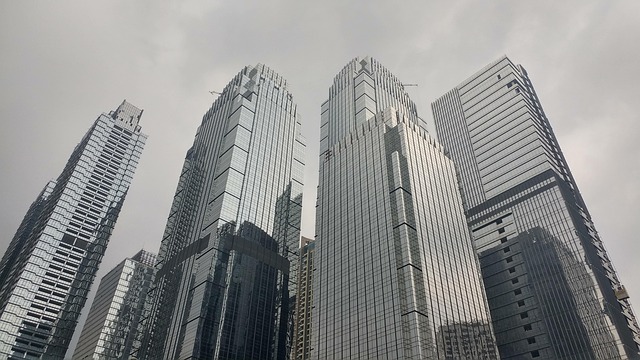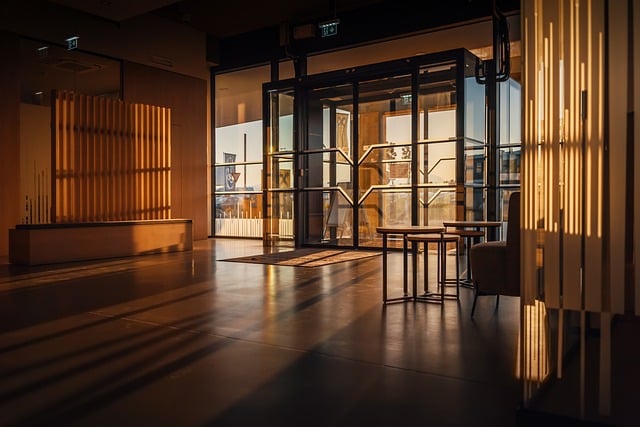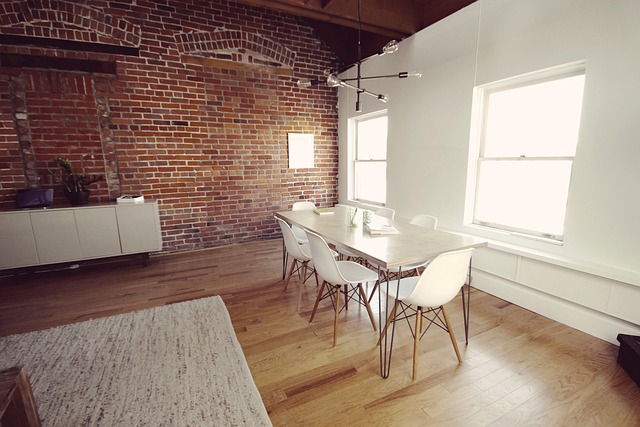Real Estate industry undergoes significant transformation with the rise of shared coworking spaces, reshaping urban landscapes and traditional office concepts. Driven by remote work and diverse business models in the digital era, these flexible environments maximize square footage, promote productivity, creativity, and social interaction through modular designs and adaptable layouts. They foster community, collaboration, and innovation, attracting professionals seeking networking opportunities and meaningful connections, thereby challenging prime real estate commitments and empowering businesses to adapt.
Shared coworking spaces are reshaping urban real estate, offering flexible work environments that cater to modern professional needs. As cities evolve, these collaborative hubs have become a game-changer, transforming traditional office landscapes. This article explores how shared workspaces foster community and innovation, appealing to diverse talents. We delve into the rise of flexible arrangements, analyzing their impact on urban real estate markets and the overall workforce experience.
Transforming Urban Landscapes: Real Estate's New Focus

The real estate industry is undergoing a significant transformation as shared coworking spaces gain traction, reshaping urban landscapes in profound ways. Traditional concepts of office spaces are being redefined, giving way to more flexible and collaborative environments that cater to modern work dynamics. This shift isn’t just about aesthetics; it’s driven by the need to accommodate remote work trends and diverse business models prevalent in today’s digital era.
Real estate developers and investors are increasingly recognizing the potential of coworking spaces to drive economic growth, foster innovation, and create vibrant communities. These spaces offer a fresh approach to property utilization, maximizing square footage through modular designs and adaptable layouts that cater to various work styles. The result is urban areas that buzz with productivity, creativity, and social interaction, marking a stark contrast from the isolated nature of conventional office buildings.
The Rise of Flexible Work Environments

The modern workplace is undergoing a significant transformation, and at the forefront of this evolution are shared coworking spaces. In today’s dynamic business landscape, flexibility is key, and real estate plays a pivotal role in accommodating this shift. As more professionals embrace remote work or seek alternative arrangements like flexible desks or dedicated hotdesks, traditional office leases are being reevaluated.
Shared workspaces offer a solution that caters to this diverse workforce. They provide an array of options, from common areas to private offices, all designed to suit various needs and budgets. This trend challenges the notion of a static, long-term commitment to prime real estate, empowering businesses and employees alike to adapt and thrive in an ever-changing work environment.
Community and Collaboration: Shared Coworking Spaces

Shared coworking spaces are transforming the way people work, fostering a sense of community and collaboration that goes beyond traditional office settings. In the realm of real estate, these spaces offer more than just desks and internet; they cultivate an environment conducive to innovation and connection. Members from diverse backgrounds gather not only to work but also to network, share ideas, and build relationships. This interconnectedness can lead to unexpected partnerships, creative collaborations, and a vibrant exchange of skills and knowledge.
Unlike isolated home offices or cramped traditional workplaces, coworking spaces encourage open communication and mutual support. From startup founders to freelancers and remote workers, these spaces cater to a diverse range of professionals who benefit from the opportunity to collaborate, learn from peers, and tap into a community that extends beyond their immediate circles. This sense of belonging is a significant draw for many, contributing to the growing popularity of shared coworking spaces in today’s dynamic work landscape.






